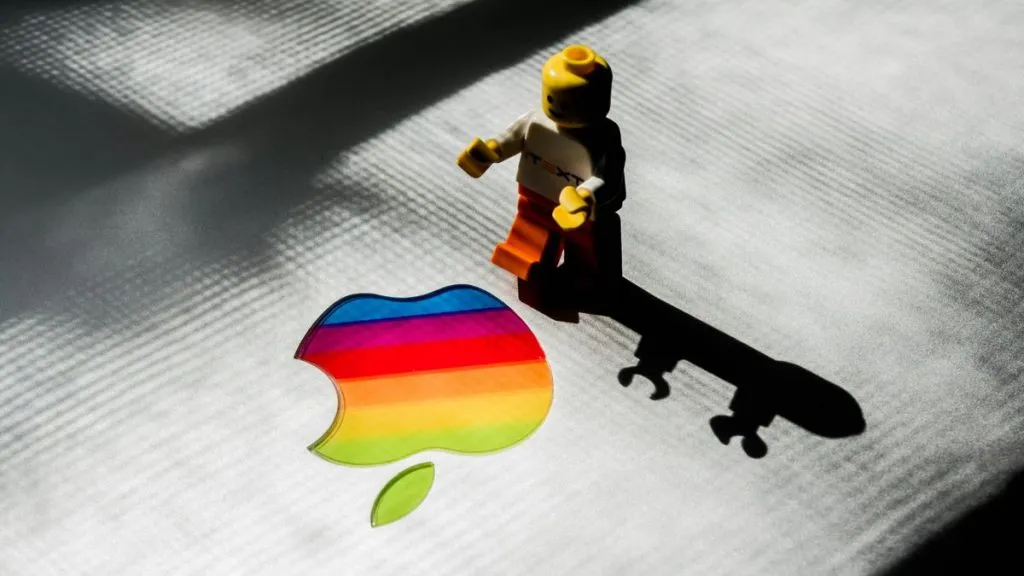Photo Credit: rishi
Apple Music has appointed industry veterans Ole Obermann and Rachel Newman as Co-Presidents to steer the streaming service. The dual leadership structure will report to Apple Vice President Oliver Shusser. The structure merges external innovation with internal institutional knowledge as Apple fights for market share against industry behemoth Spotify.
Ole Obermann joins the organization from TikTok, where he served as the Global Head of Music Business Development from 2019 to 2025. During his tenure there, he negotiated landmark licensing deals, including the return of Universal Music Group’s catalog after the high-profile dispute in 2024. Obermann’s expertise with viral music marketing and AI-related licensing negotiations could prove critical for Apple as music streaming competes with video streaming head-to-head.
Meanwhile, Rachel Newman is a 16-year Apple veteran who has risen through the ranks. She started as a manager for iTunes in Australia & New Zealand’s music division before becoming the head of global content strategy. Her understanding of Apple’s ecosystem and editorial curation processes position her to maintain the services’ premium branding while adapting to emerging market demands. Newman’s expertise in balancing regional content strategies with global initiatives could see Apple Music refine localization efforts as it aims to take on Spotify.
Apple Music has continued to leverage high-profile sponsorships, such as the Super Bowl Halftime Show partnership—which achieved record viewership in 2025. With Ole Obermann’s expertise in viral music marketing and the AI-driven content challenges faced by streaming platforms, the dual leadership structure aims to capitalize on social media’s growing virality factor for streaming economics in an era of the music industry that is practically driven by online influencers—be that people, games, movies, or TV.
The restructure also coincides with Apple’s effort to navigate the complex geopolitical landscape currently changing day-to-day. The company recently resolved a sales blockade in Indonesia by localizing AirPods Max production in Indonesia as required by law. Indonesia blocked sales of iPhone devices after Apple failed to comply with the country’s Domestic Component Level policy, requiring 40% of electronic components to be domestically produced.
Part of that resolution was to include a $10 million facility for accessory manufacturing and a $100 million proposal to assemble AirPods Max components in the country. The AirPods Max component production is only a partial solution to an issue Apple faces when balancing global supply chains with governmental policies. Apple says its Asia and Europe teams will be on the same reporting level as US governmetn affairs, which is run by Tim Powderly.
Content shared from www.digitalmusicnews.com.

